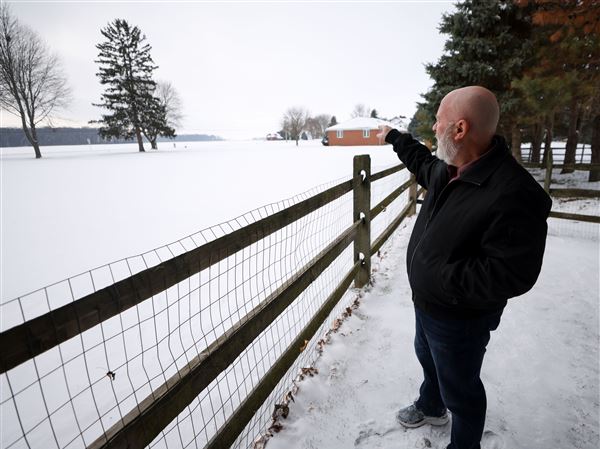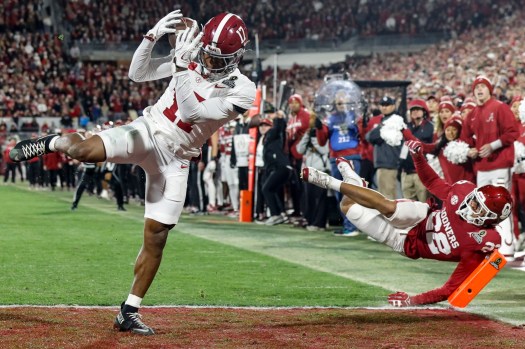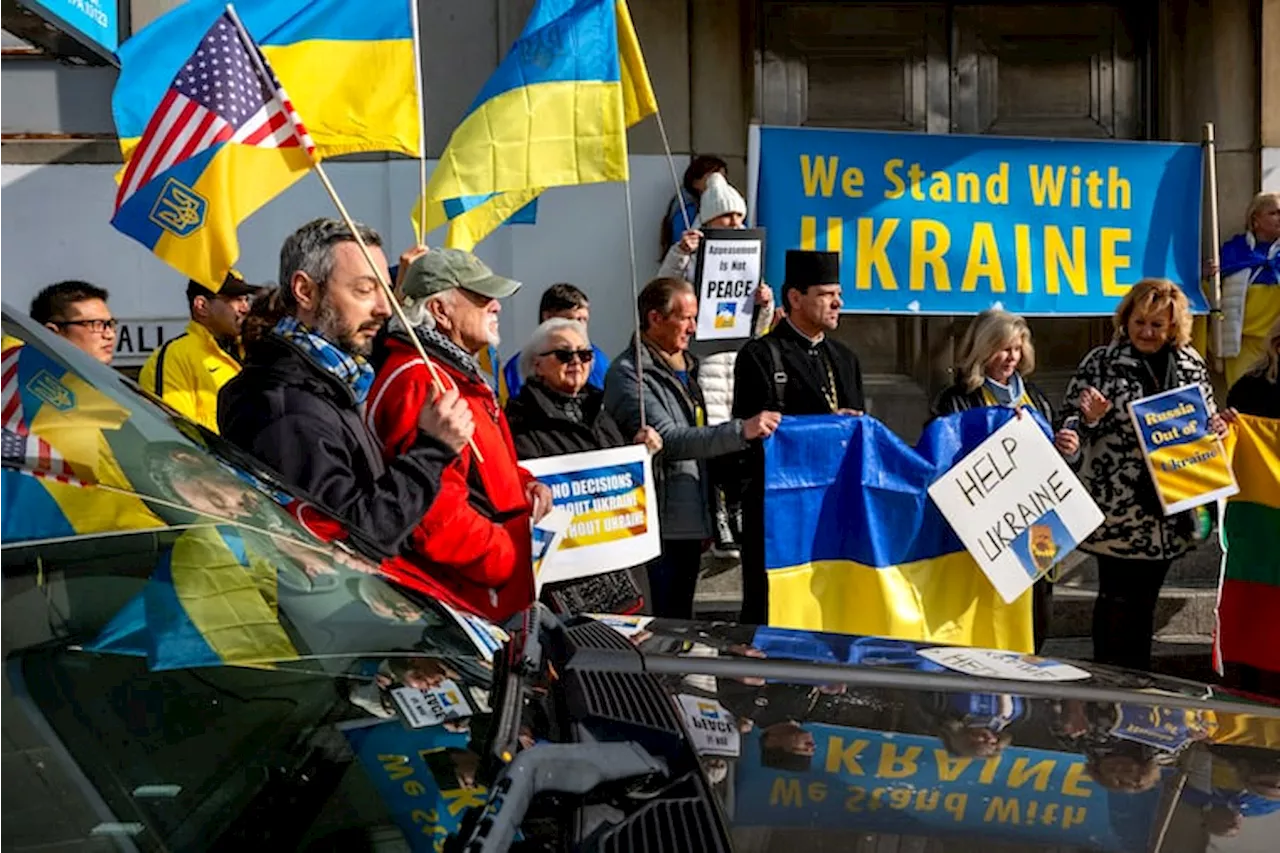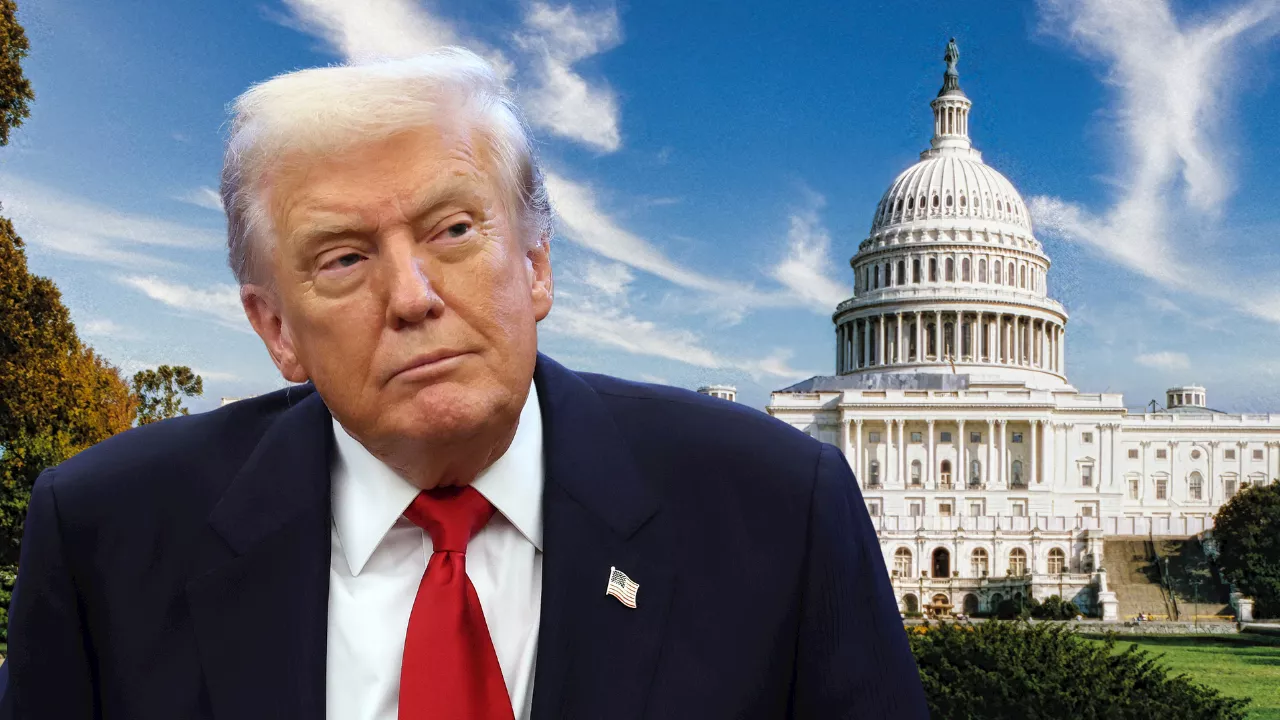UPDATE: In a provocative statement, journalist Mehdi Hasan asserts that if Christians can ring church bells, then Muslims should have the right to broadcast the Adhan, or call to prayer, from mosques using loudspeakers. This declaration has ignited a heated debate in the U.K. and beyond, with implications for religious freedom and community relations.
Hasan’s comments come amid growing tensions around the Muslim call to prayer being broadcast early in the morning, often at 5 a.m., which has sparked complaints from residents. Some local councils have implemented noise restrictions on these broadcasts, citing concerns over disturbance. However, Hasan argues that the principle of religious expression should apply equally to all faiths.
In his remarks, Hasan directly addressed American Christians, stating, “If you can have your church bell, we can have our Islamic prayer call,” as he shared a video clip of his statement. This comparison raises significant questions about the balance of religious freedoms in diverse communities.
The discussion is particularly relevant given recent actions by the Vatican, which has installed prayer rooms for Muslim scholars visiting the Vatican Apostolic Library. This move indicates a growing acknowledgment of Islamic practices within predominantly Christian institutions.
Critics of Hasan’s stance argue that the Islamic call to prayer represents a more assertive declaration of faith compared to traditional church bells, which symbolize historical and cultural roots of Christianity in Western nations. They contend that the sounds of church bells and the Adhan reflect contrasting values and societal impacts.
In response to these developments, U.S. Representative Chip Roy has introduced the “Preserving a Sharia-Free America Act,” emphasizing the need to safeguard American values against what he perceives as the encroachment of Islamic law. The Freedom Caucus, which Roy is a part of, supports this initiative, claiming it reflects a commitment to preserving individual liberties.
This ongoing debate underscores the urgent need for dialogue around religious expression, community cohesion, and the rights of minorities in Western societies. As tensions rise, communities are urged to engage in constructive conversations that respect the rights of all individuals while addressing the concerns of residents.
What happens next? The conversation surrounding religious freedoms will likely continue to evolve, especially as local councils and lawmakers respond to the rising tensions. Observers are urged to stay informed as both sides of the debate seek to advocate for their respective rights.
As the discourse unfolds, communities will have to navigate the complexities of coexistence, exploring how to balance the rich tapestry of religious practices while maintaining social harmony.
Stay tuned for further updates on this developing story and its implications for religious rights across the globe.







